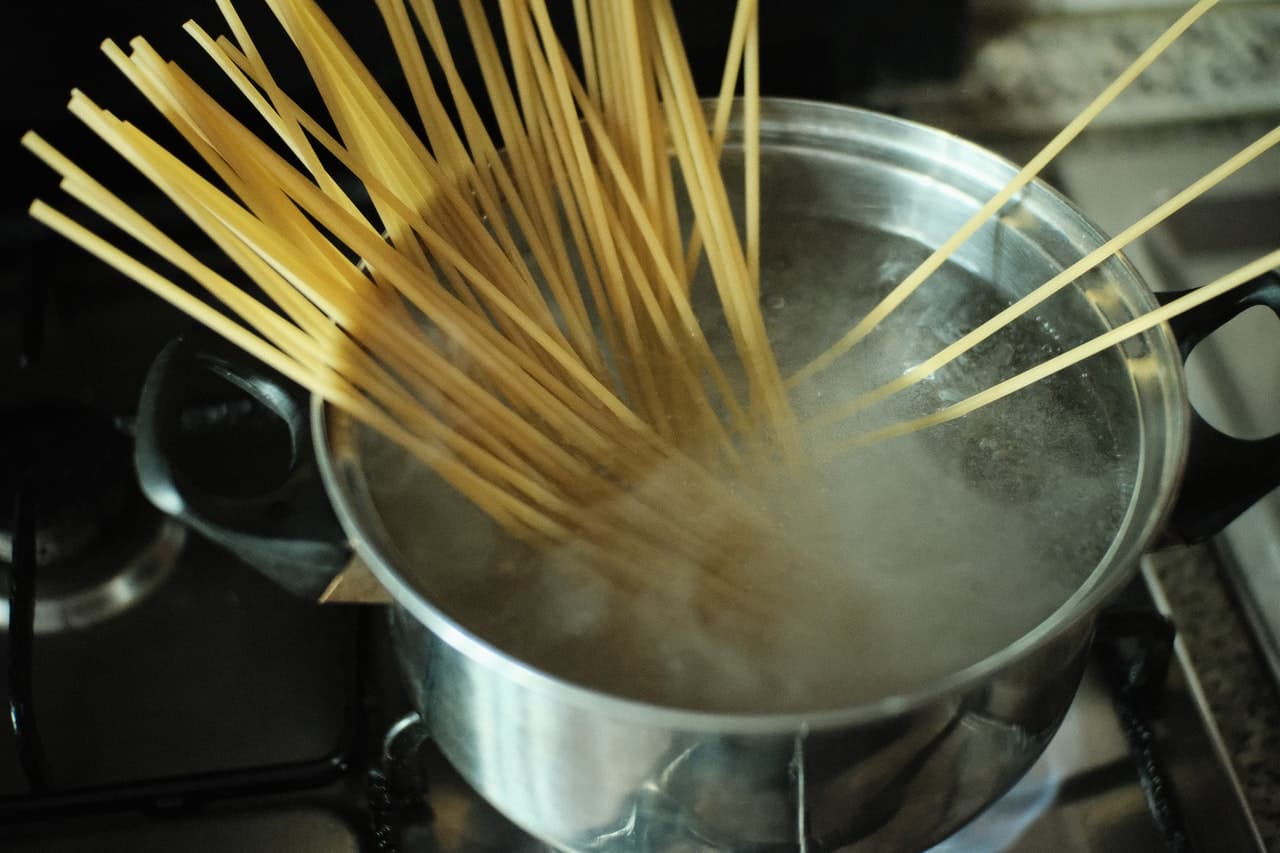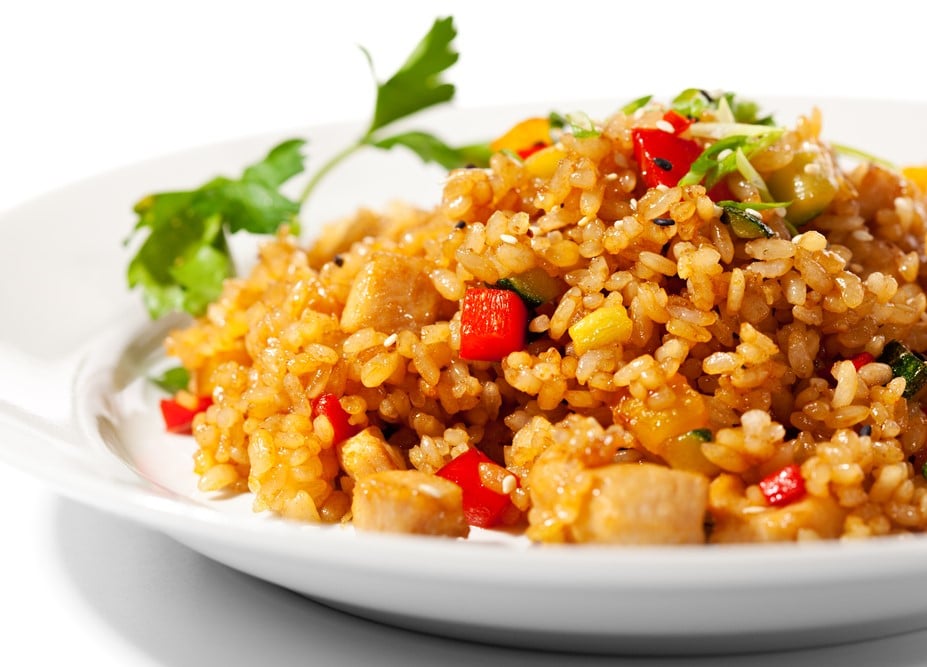The answer is “yes,” feel free to add olive oil in pasta water. Although the matter has been up for debate between countries and foodies for years, today we will answer the salt or oil in pasta water dilemma once and for all. Here are some tips for cooking the best pasta!
Benefits of adding olive oil in pasta water
This is particularly important if you are cooking a fresh summer pasta recipe that will be seasoned later. The best choice is to add 1 teaspoon of Italica Olive Oil.
This will keep the pasta from sticking while cooking and will also improve the flavor and texture.
Pasta and oil are the perfect combination to help regulate intestinal transit. This means that flavor and health go hand in hand when adding olive oil in pasta water!
This is just one of the many benefits of Italica Olive Oil, so be sure to read this post to learn more about the nutrients it offers.
Oil, salt and pepper, please!
As far as adding salt to pasta water, this depends on your personal preference. However, if you like meals to be extra savory, then add a hefty amount. This is because the pasta will absorb just a small portion of the salt you add to the water. So if you only add a small amount of salt, the pasta will taste bland and you’ll need to add more later.
The pasta will only absorb a bit of salt, the rest will remain in the water and be drained away. This means that if you are reluctant to add salt because of high blood pressure, then problem solved!
In any case, add an extra touch of seasoning before mixing the remaining ingredients and sauce if you cook it with a touch of pepper. Try it for yourself!
*Chef’s tips*
If you remain hesitant to add salt to the pasta water despite this explanation, we recommend following the sage advice of the ‘‘2021 Best Chef in the World,’’ Dabiz Muñoz, who defends adding olive oil in pasta water. The Spanish chef pours oil so that when the pasta is added, the cooking foam does not come out of the pot.
Pasta should be eaten al dente
Cooking your pasta al dente (in other words, quite firm to bite) requires more than just keeping an eye on the cooking time. The trick lies in keeping track of when the pasta reaches the desired consistency, turning off the heat, and adding a cup of cold water to stop the cooking process.
Immediately afterward, drain the pasta to remove all the water. Al dente pasta must be drained to keep it from absorbing as much water as possible so it is more flavorful.
Once you understand that olive oil in pasta water is a good idea, we recommend trying out recipes like pasta with olive oil, tomatoes, basil and mozzarella. It’s fast and easy to make!





